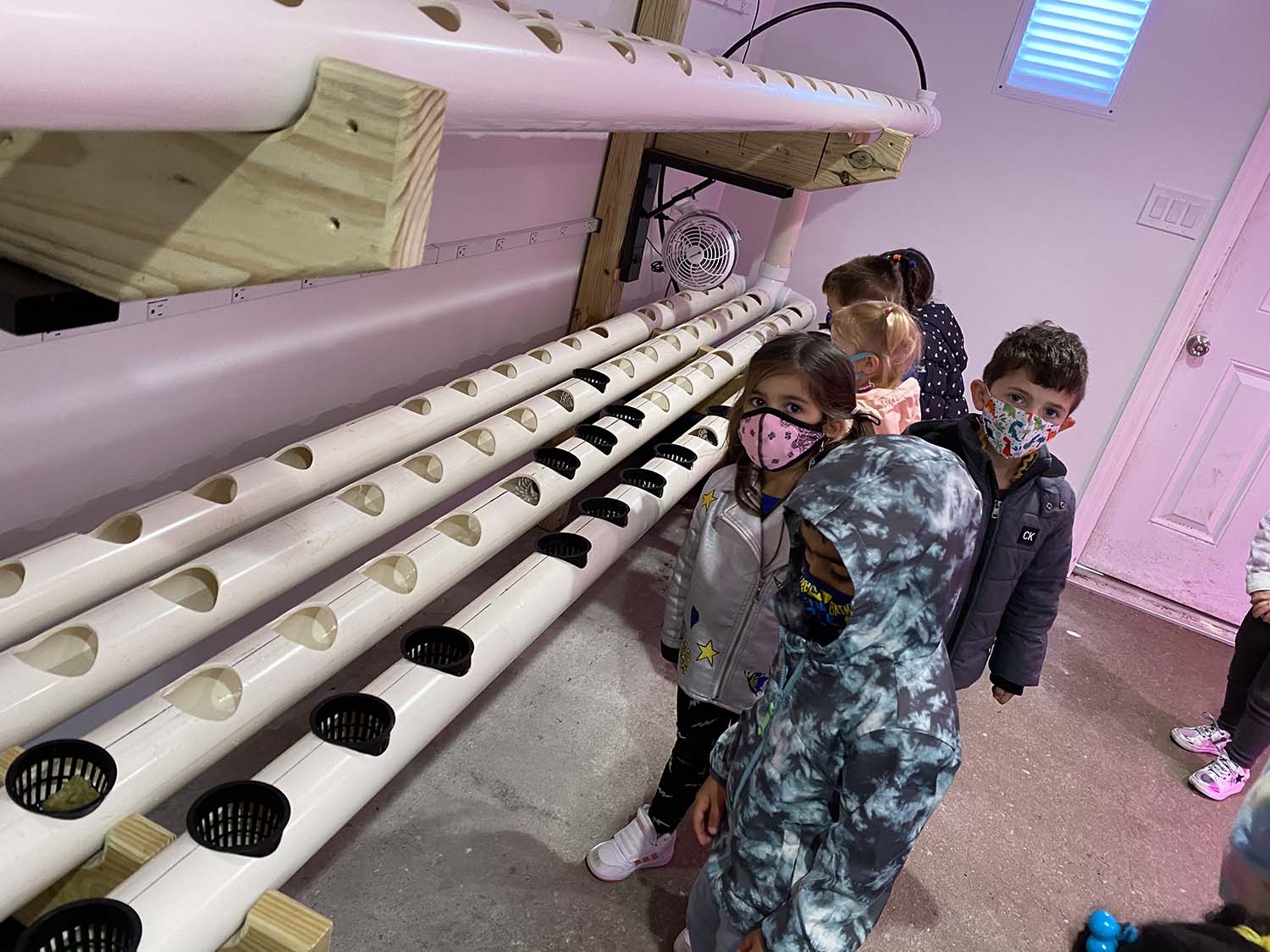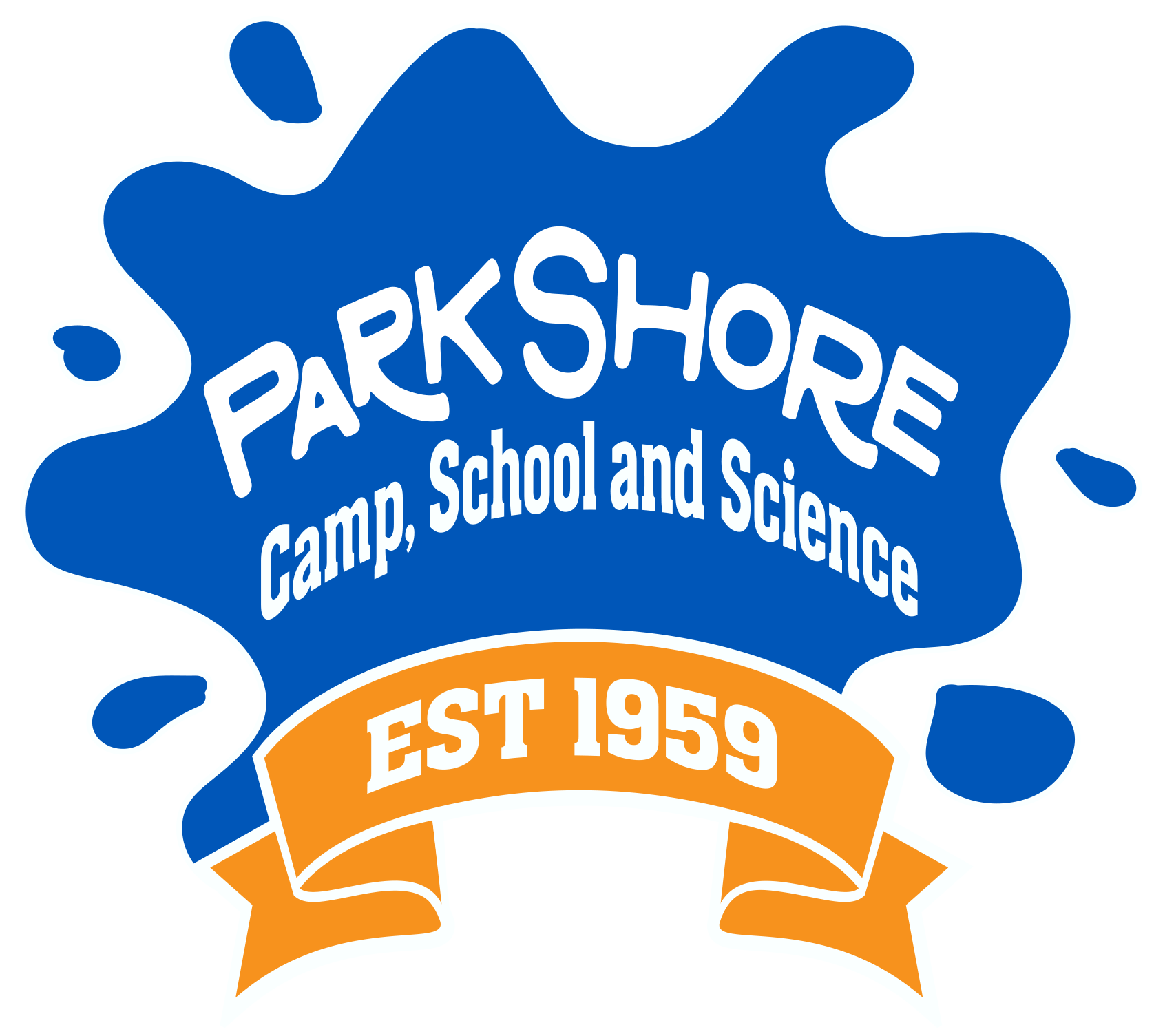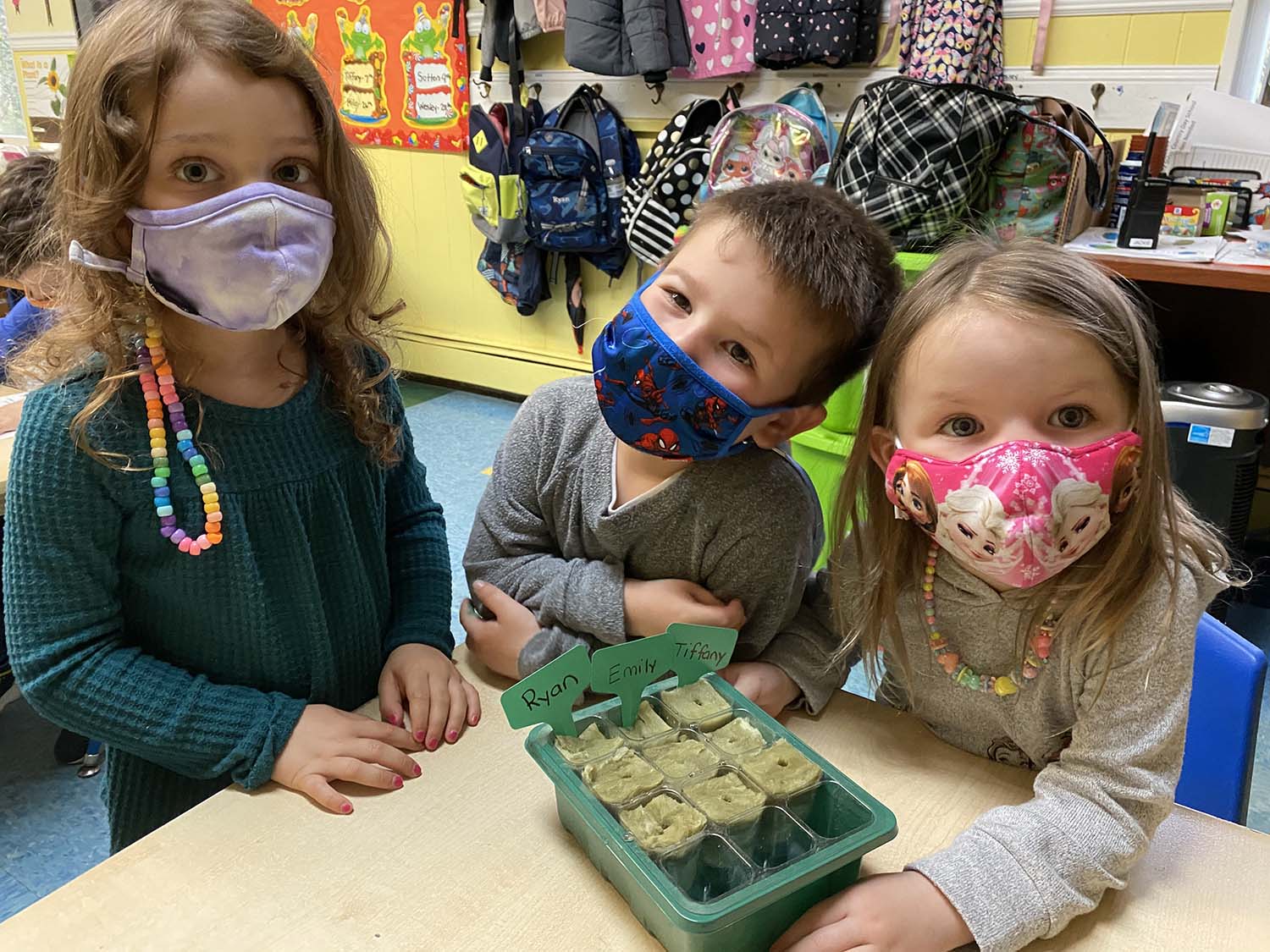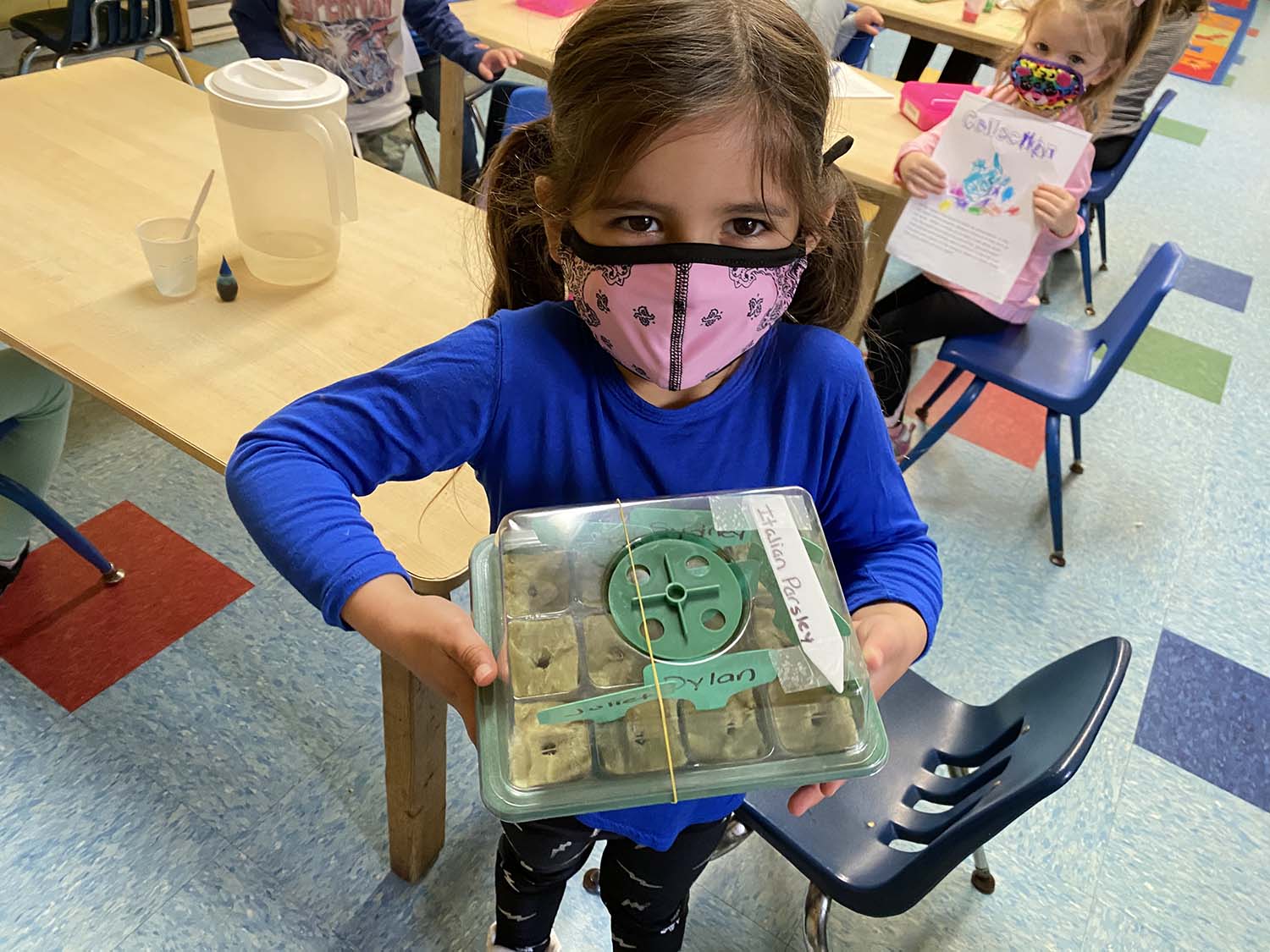May 5, 2021

By Nicole Rosenthal
DIX HILLS, NY – As technology in STEAM education continues to evolve at a rapid pace, the leaders at Park Shore Country Day School are emboldened to supply the most up-to-date technologies to young learners in order to provide hands-on science applications and experiences.
Park Shore Country Day School, Long Island’s premiere preschool and kindergarten for over 60 years, celebrated the grand opening of its hydroponics lab this month, among the first of its kind offered to young children in Suffolk County. The Dix Hills-based school features individualized programs using a variety of interactive tools, enrichment activities, and cutting-edge technology to promote rigorous literacy, math, geography, history, and science exploration for children turning 2, 3, and 4 years old, as well as those entering kindergarten.
Consistent with the school’s dedication to providing real-world applications to science concepts, children at Park Shore Country Day School are exploring the water cycle through a brand-new hydroponics lab, among the first of its kind at a Long Island day school.
Hydroponics is alternative agriculture
The new hydroponics lab – which sees plants growing in mineral solutions without soil – is the brainchild of Park Shore owner Bob Budah, whose passion lies in teaching the next generation foundational science themes through the lens of cutting-edge technology. As hydroponic farming requires less land than traditional farming, children at the school are empowered to explore modern farming methods while instilling an awareness of how the agriculture industry will continue to evolve in the future.
“Hydroponics is alternative agriculture. As we look towards the climate changing, and the devastation that is taking place, we need to ask ourselves: how are we going to get food in the future if the soil is sterile, if the heat is too unbearable or if the water floods out the crops?” Budah said. “The goal of hydroponics is to educate children on how to critically think and solve problems. I’m enlightening young children about alternatives in life, including food production. Hydroponics gives you the ability to produce vegetables in a controlled, sterile environment that is not subject to climate.”
The state-of-the-art facility first broke ground in February 2020 and opened in April 2021, now welcoming all children at Park Shore Country Day School with their very own hydroponic nurseries. Over the next few weeks, students at the day school will be exploring the water cycle, ecology, and alternative farming methods through practical applications at the lab. They will also get a chance to witness their own hydroponic and traditional soil vegetable gardens grow before their eyes using mathematical concepts to measure the growth and quality of each planting technique.
“The children will be building on math concepts from the classroom because they can chart and see which garden is growing faster, which is growing slower, which one has more light and which one needs more soil. It’s extremely hands-on and interactive,” said Education Director Dianne Vitucci. “It’s a whole new concept of learning to grow. In hydroponic labs, you don’t need a huge landmass to grow food, you don’t need to put chemicals down and cultivate a huge field. This is all going to be organic and natural.”
“We are moving away from the standard cookie-cutter curriculum: We’re exposing young minds to new learning futuristic methods. As they grow, these concepts will be in their toolkits,” Budah added. “We’ll also be exploring a business angle: ‘If I grow all this lettuce and these herbs and I bring it to the market, how do I learn about business? What’s my cost, what do I sell it for?’ We’re trying to blend all these concepts. It’s not about being a hydroponics wizard. It’s about exposing these learners to related concepts to give them the foundational tools to build off of.”
IMPLEMENTATION OF THIS NOVEL TECHNOLOGY PROVIDES STUDENTS WITH A FIRST-HAND INTRODUCTION TO RECYCLING, CLIMATE CHANGE AND THE SCIENTIFIC METHOD
At the end of the multi-lesson unit, students at the day school will be able to take their crops home to explore the creative possibilities of the kitchen by culminating their knowledge of nutrition, measurements and following recipes.
Budah notes that the hydroponics lab allows for much more than an exploration of the water cycle. The implementation of this novel technology provides students with a first-hand introduction to recycling, climate change and the scientific method. Consistent with Park Shore’s continuing dedication to character building and facilitating practical applications to educational subjects, children will be able to practice values of responsibility and sharing in their gardens while witnessing how the very foods they consume are grown.
“This curriculum leaves a lot of open-ended questions for children to inquire about. They are able to use their imaginations and be creative while learning about science. It also allows them to try new things and be adventurous: maybe they don’t eat broccoli, but now they’re growing it and are curious as to what it tastes like,” Vitucci said. “At the end of the day, I really want the children to take away a passion for science. I also want them to take away a passion for eating healthy, as well as a passion and pride in knowing that they grew something, that they are capable and they can do it. They don’t need an adult to grow something. They are so young, but they have the ability to be a part of something so great.”


